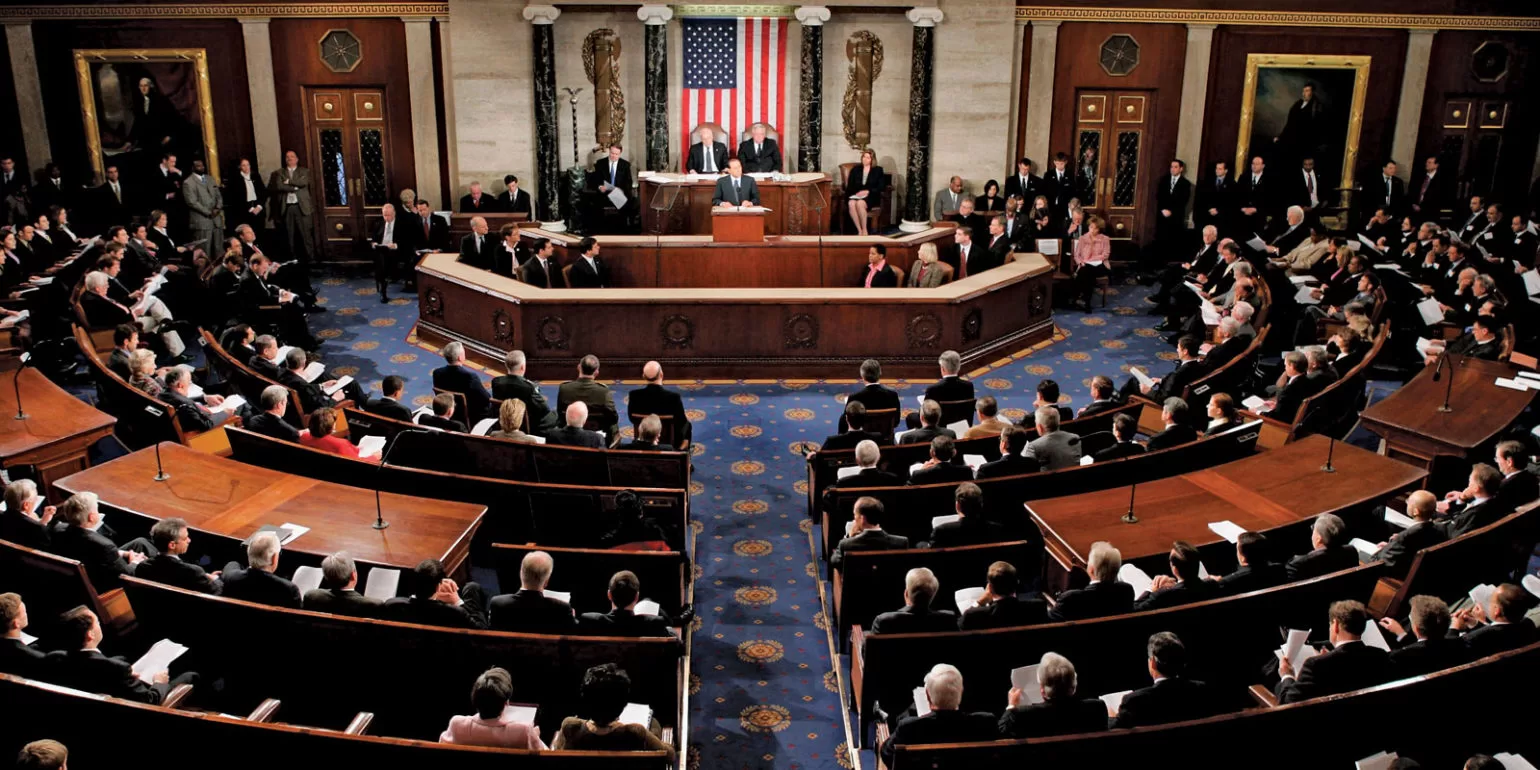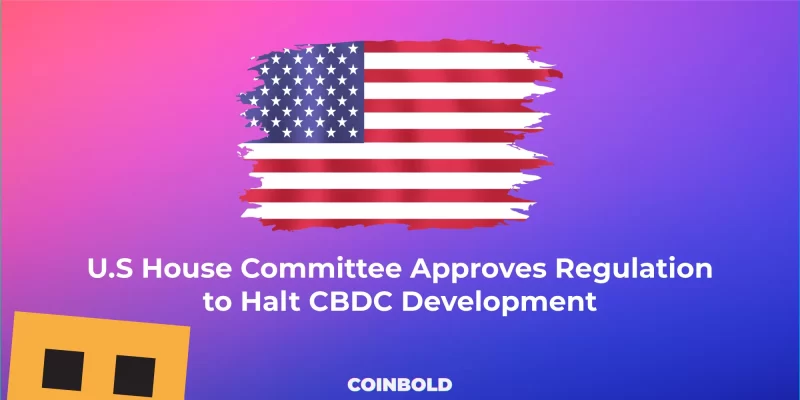In the ever-evolving landscape of digital finance, the race to establish a Central Bank Digital Currency (CBDC) has been met with both anticipation and skepticism. Now, a House committee decision has cast a shadow over the future of CBDC development in the United States, igniting a passionate debate that resonates through the hallowed halls of Capitol Hill.

The Committee’s Bold Move
Chaired by Rep. Patrick McHenry (R-N.C.), the House committee has boldly pushed forward a measure that seeks to place a significant roadblock on the path to CBDC development. The key provision of this measure? Requiring express approval from Congress for any CBDC-related endeavors. Additionally, the Act erects a safeguard around Federal Reserve projects, ensuring they won’t be utilized for monitoring, with the primary goal of safeguarding the privacy of U.S. citizens.
Clashing Perspectives
As with any contentious decision in Congress, voices of opposition have arisen, notably from the committee’s top Democrat, Rep. Maxine Waters (D-Calif.). Waters is concerned that the Republicans’ stance on this issue may stifle innovation and impede the United States’ competitive edge in the global financial arena. She points out that countries like China are sprinting ahead in shaping international norms for CBDCs, and the U.S. risks trailing behind.
Waters also sounds a cautionary note about the consequences of hindering CBDC development. She suggests that Americans might pay the price in terms of efficiency, convenience, and affordability when it comes to future payment methods.
Balancing Innovation and Regulation
The regulation’s introduction has stirred up concerns about stifling innovation, especially in a rapidly evolving digital financial landscape. Critics argue that the timing of such a regulation is crucial, and a heavy-handed approach could potentially hinder the U.S. from seizing opportunities in the CBDC arena.
It’s worth noting that this move by House Republicans to block CBDC efforts comes amidst ongoing disagreements over other vital financial reforms. The divide in Congress on this matter is evident.
The Senate’s Role
With Democrats holding a majority in the Senate, the fate of this regulation is far from sealed. Sen. Sherrod Brown (D-Ohio), who chairs the Senate Banking Committee, holds a different stance on digital assets compared to his House Republican counterparts. As such, significant opposition to this measure may emerge in the Senate, further intensifying the debate over CBDC development.
The Fed’s Perspective
Meanwhile, the Federal Reserve has not been idle. Preliminary studies are underway, preparing the groundwork for the eventual launch of a CBDC. Michael Barr, the vice chairman for supervision, has made it abundantly clear that such a monumental shift would necessitate an order from the White House and legislative backing from Congress.
As the debate rages on, the future of CBDCs in the United States hangs in the balance, with innovation, competitiveness, and privacy protection at the forefront of this critical conversation.



